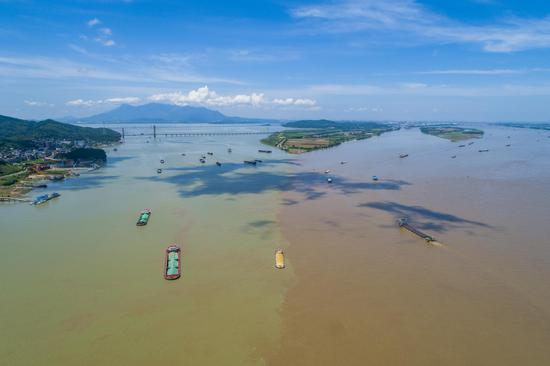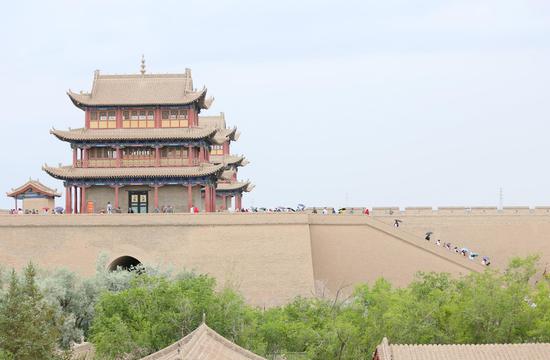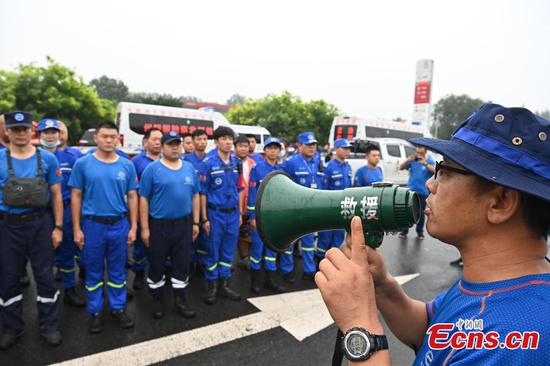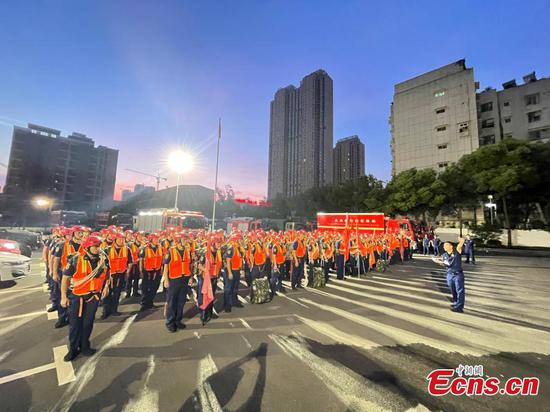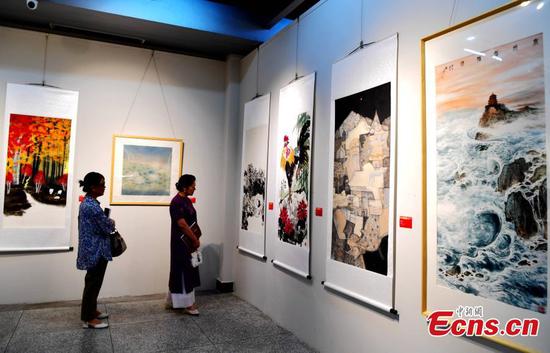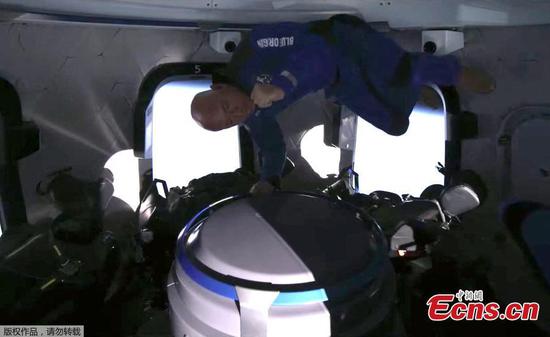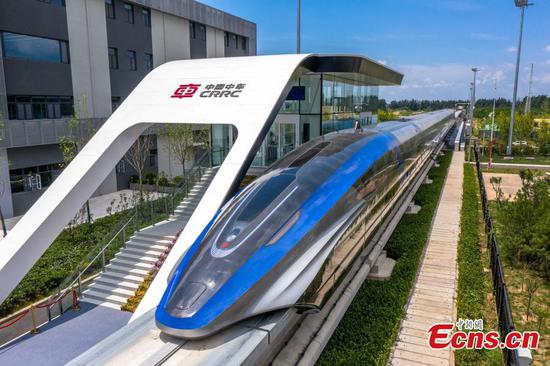The China-proposed Belt and Road Initiative (BRI) responds to Latin America's current economic needs, said a professor at Pardee School of Global Studies, Boston University.
Jorge Heine, also former Chilean ambassador to China, said in a research paper published last week that the BRI meets Latin America's needs "at a time when the region is undergoing its worst crisis in more than a century, and seems on the verge of a second 'lost decade' in forty years."
"This is a very different view from the neoliberal paradigm that has dominated the discussion on economic development in Latin America," said Heine.
He said, on the other hand, the approach embodied by the BRI "puts at its center the leveraging of infrastructure and connectivity, both physical and digital, as a way of triggering economic growth," which is in line with the development priorities of Latin America.
"Washington's policy on Latin American infrastructure is thus both short-sighted and counterproductive," Heine said, adding that "current U.S. policy on the subject, aimed at excluding the participation of Chinese companies from building Latin American infrastructure, has it exactly backwards."















